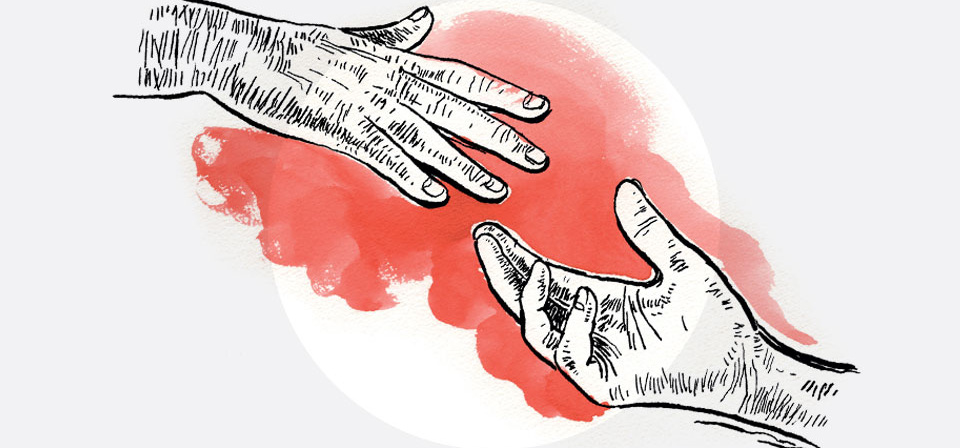Tutoring remains a popular stopgap
One in three secondary school students received tutoring, homework supervision or exam training last school year. In primary education that share is lower, a quarter of the pupils take tutoring there. According to Minister Slob, the extra education shows undesirable pressure to perform.

Picture: Type tank
Yesterday, Slob sent the report with all the conclusions of the SEO Economic Research research agency to the House of Representatives. The agency carried out a follow-up study into shadow education and came to the conclusion that this increased between the years 2015 and 2017, but remained stable since then.
Costs
The total expenditure on extra lessons and training in 2018-2019 is estimated by the researchers at 142 million to 207 million euros in secondary education. In primary education, which mainly concerns pupils in group 8, the researchers estimate the costs at 13 to 25 million euros. According to the researchers, an analysis shows that the turnover of companies that offer tutoring has increased from 2015 to 2017. 'After that it is almost stable', the researchers say.
Tutoring
Additional lessons in arithmetic or language are the most used form of extra education in both educational sectors. In primary education, 13 percent of the students make use of extra lessons or training that parents have to pay for. In secondary education this concerns 10 percent of the students. 'But parents also regularly incur costs for homework supervision (7 percent), exam training (4 percent) and practice outside of school (6 percent),' the researchers said in the report.
Randstad and education level
In the report, the researchers point out that the educational level of parents plays a role in the choice of extra lessons. "The more educated the parents, the more use is made of paid participation." The place where students live also plays a role, in the four major cities, parents are more likely to seek tutoring.
The more educated the parents, the more use is made of paid participation
The researchers also examined the motives of parents. In secondary education, for example, the goal is often to overcome disadvantages or to provide extra support for specific learning needs. Preparing for exams also plays a role. Parents feel that they often cannot provide support at home and that their child receives too little personal attention at school. Some of the parents feel that the quality of education is inadequate.
Fair odds
Minister Slob is critical. Although education outside school hours has not 'grown' further in the past school year, he does not think the high pressure placed on children is desirable. In his letter, he writes that additional education should not be necessary for children to make a good start in society and the labor market. 'It is our joint task to ensure that education is and remains accessible and offers fair opportunities for all children to develop their talents.'
In a letter to the Lower House called AObchairman Liesbeth Verheggen the extra lessons, training and extra guidance 'worrying'. It creates inequality, according to the union. Moreover, education would like to offer tailor-made solutions, but that is only possible if the classes are not too large and teachers have sufficient time and space to prepare lessons.


